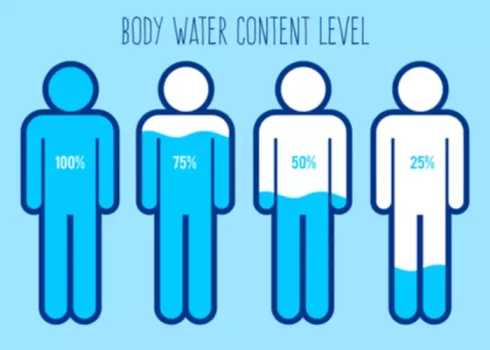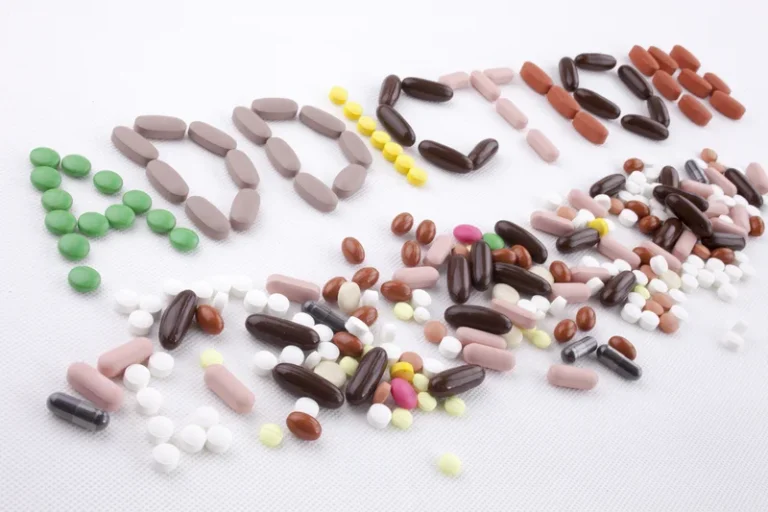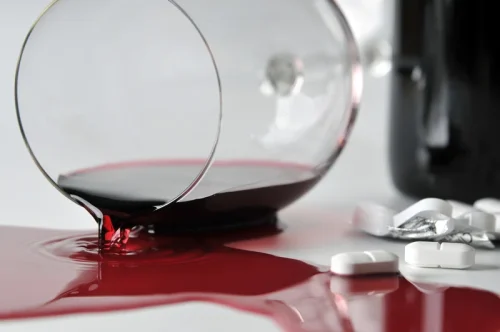Ash Grove Tree Surgery
Your Eastbourne Tree Surgeon
Drug and Alcohol Related Sleep Disorders

(UTI is a common side effect of Myrbetriq.) If you have a UTI or other bacterial infection during Myrbetriq treatment, your doctor may prescribe an antibiotic to treat it. Find answers to some frequently asked questions about Myrbetriq and possible interactions. It’s not known whether it’s safe to take Myrbetriq while breastfeeding or if the drug passes into breast milk. If you’re breastfeeding or planning to breastfeed, talk with your doctor about your options. If you have high blood pressure that isn’t well managed, talk with your doctor before taking Myrbetriq. The drug may cause high blood pressure, which could worsen this condition.

Physical Activity and Sleep
- During the first two discontinuation days, average daily sleep latency on the MSLT was less than 5 min (i.e. a pathological level of sleepiness), at least in part due to the severely shortened sleep over the prior five days of cocaine use.
- Sure, that nightcap, last glass of wine or beer before bed may help you feel sleepy.
- These studies suggest that gabapentin may promote both sleep outcomes and abstinence [137] in persons with alcohol use disorders.
- People who regularly drink alcohol are 25% more likely to have obstructive sleep apnea, although the connection may be partly due to other shared risk factors such as obesity.
But part of a smart, sleep-friendly lifestyle is managing alcohol consumption so it doesn’t disrupt your sleep and circadian rhythms. Yules, Freedman, and Chandler (1966)studied three young non-alcohol dependent, men over 5 nights does alcohol help you sleep of drinking, with 1g/Kgethanol administered 15 minutes before bedtime. Yules,Lippman and Freedman (1967) studied four young men over three or five nights ofdrinking with 1 g/Kg ethanol administered 4 hours before bedtime.

Most common Tramadol side effects

Therapy seeking is also supported if the patient has the signs and symptoms of the appropriate diagnosis for the indicated use of the drug. The pattern of drug taking, including its dose, timing, and duration of use, should be consistent with its therapeutic effects. Evidence supporting therapy seeking behavior also includes that the patient believes that the drug is effective and readily experiences its therapeutic benefits. The liver acts as a filtering system for the body, helping metabolize food and chemicals (including alcohol itself), and pulling toxins from the bloodstream. Like nearly all of the body’s organs, the liver functions according to circadian rhythms. Alcohol interferes with these circadian rhythms regulating the liver, and can contribute to compromised liver function, liver toxicity, and disease.
How can I prevent interactions?
Many people experience improvements in their sleepiness or drowsiness as their body adjusts to tramadol. This typically occurs after a week or two of taking the medication. It’s essential to follow your doctor’s instructions when taking tramadol and any other medications along with it. Talk with your doctor or pharmacist if you have questions regarding tramadol’s potential interactions with other drugs. Side effects of tramadol generally become more common at higher doses.
Alcohol and Insomnia: That Nightcap Might Keep You Up at Night

In another study, forty-two patients with opiate use disorder were treated with either methadone or buprenorphine and gradually tapered down over the course of 2–3 weeks. Buprenorphine-treated patients had 2.5 % lower sleep efficiency and 9 % shorter actual sleep time. These significant group differences were most pronounced with the lowest doses toward the late withdrawal phase [161]. The time course of tapering buprenorphine during detoxification might also play a role in the quantity of sleep.
- This is especially helpful when you first start a new drug or combination of treatments.
- Even though a glass or two may help you initially drift off faster, it probably won’t benefit your sleep quality in the long run.
- For instance, one group found decreased yet gradually improving TST among alcoholic subjects after 19 weeks, 14, and 27 months of abstinence (312, 335, and 349 min, respectively) [69].
- The role of sleep/alertness disturbance in SUD is not fully understood.
- What is now clearly shown to be a mismatch in subjective and objective experience during acute and subacute abstinence was once perceived as an inconsistency [104, 153].
1. Common sleep-related problems
- If you experience any of the above symptoms during Symtuza treatment, talk with your doctor right away.
- An early study of sleep in persons with AUD who were exposed to alcohol found that REM sleep, measured as a percentage of total sleep time (REM%) was less, relative to baseline, after 2–3 days of abstinence, but then rebounded after 5–6 days of abstinence [7].
- They’ll determine whether it’s safe to prescribe Myrbetriq for you.
- During sleep, the body cycles through all of these stages every 90 to 120 minutes, with NREM sleep dominating the first part of the night and REM increasing during the second part of the night.
- If you have symptoms of urinary incontinence or frequency, talk with your doctor.
- They’ll likely continue monitoring your liver enzymes for at least several months after you’ve stopped the drug.

Alertness/Sleep Disturbance and Initiation of Substance Abuse
Symptoms and causes

This aggressive behavior may result in other issues, such as verbal abuse. If drinking causes a blackout, you may not even remember being aggressive unless someone reminds you about it. By perpetuating such behavior, people can end up damaging meaningful relationships — yet another effect of alcohol-based aggression. While anger is an emotion you experience when you feel threatened, aggression is a hostile behavior that results in physical or psychological harm to yourself or others. Some individuals exhibit “trait anger,” a personality trait that means they continually look for triggers that make them angry.

Triggers for Alcohol-Related Anger and Aggression
This article discusses some of the facts behind the stereotype of the “angry drunk” and explores the connection between anger and alcohol. Intermittent explosive disorder can begin in childhood — after the age of 6 years — or during the teenage years. It may be caused by the living environment and learned behaviors, genetics, or differences in the brain. An earlier study found that alcohol use enhanced aggression primarily among individuals who showed a heightened disposition for such behavior (Eckhardt and Crane, 2008). They were directed to engage in a task with the potential to trigger aggressive verbalizations, with those who consumed alcohol showing significantly more such behavior.

How to Cope With Dry Drunk Syndrome
- Try to remember this isn’t necessarily a situation they chose to be in.
- Walking away is difficult for many targets, but if the addict is hurting you, you must distance yourself.
- People with co-occurring disorders should receive specialized treatment.
- If your loved one behaves in toxic or aggressive ways, it’s best to talk this over with a therapist and develop a plan to keep yourself safe.
- You’ll live in safe, substance-free housing and have access to professional medical monitoring.
You might want to participate in treatment with your loved one whenever possible, but it’s also wise to talk to a therapist on your own. This is especially the case if specific behaviors or mood symptoms affect your day-to-day life. Maybe they slipped up and had a drink after several months of sobriety. It’s not always easy to open up about alcohol use and recovery, especially to people who don’t have any experience with it, but it’s a crucial part of the process. Based on this definition, the symptoms of “dry drunk syndrome” may constitute a relapse, even if the person doesn’t drink.
The Link Between Anger and Alcoholism
Furthermore, alcohol can make you focus too much on specific words or behaviors from other people. If you see someone cut in front of you in line for the bathroom at a bar or concert, you may react aggressively when you otherwise wouldn’t mind. When drinking, it becomes increasingly challenging alcoholic rage syndrome to interpret information logically. There is also a theory that the disinhibition that alcohol creates raises the risk of violent behavior. Heavy drinkers are more likely to engage in risky behavior, which includes being violent and acting out hostile emotions, often against a loved one.
How Does Alcohol Use Interact With Anger?
Some services provide food and transportation, but services vary by program. Arming yourself with strategies and tips can help you or a loved one take small steps towards big results. It affects parts of your brain responsible for movement, memory, self-control, and basic functions like hunger and thirst. These outbursts are akin to a volcano blowing out sideways rather than straight-up, as the emotions will always find a way out. The easier route is to make other people responsible for their moods and overall emotional well-being.
How to Address Alcoholism in a Loved One

While psychotherapy is the primary approach for co-treatment of alcohol use and anger management, medications like mood stabilizers and those used to treat substance withdrawal may also be part of your treatment plan. Anger expression may also be confused with aggression or hostility, two consequences of drinking commonly cited in research. “Trait anger” refers to a person’s general tendency to experience chronic anger over time.
- Some studies highlight the impairment caused by alcohol consumption on processing emotional faces.
- As with all co-occurring disorders, it’s important to treat anger management issues and AUD at the same time as part of a comprehensive treatment program.
- The findings were explained by emphasizing that concern for the future involves greater prefrontal cortex resources that help inhibit the excessive impact of alcohol.
- Plus, if you’ve done things while drinking that harmed you or people you love, you may also carry some pain and have plenty of sharp words for yourself.


